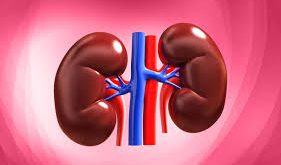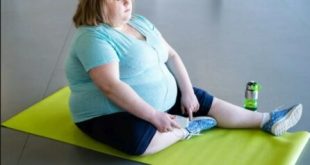Stretch marks (striae) are indented streaks that appear on the abdomen, breasts, hips, buttocks or other places on the body. They’re common in pregnant women, especially during the last trimester. They also occur during adolescent growth spurt and by dieting or by putting on weight in adults and children. Stretch marks aren’t painful or harmful, but some people don’t like the way they make their skin look.
Do stretch marks go away?
Stretch marks fade with time; however, treatment may make them less noticeable more quickly. A stretch mark is a type of scar that develops when our skin stretches or shrinks quickly. The abrupt change causes the collagen and elastin, which support our skin, to rupture. As the skin heals, stretch marks may appear.
How do I get rid of my stretch marks?
Most stretch marks will fade on their own over time. They may become less noticeable after fading. Medical treatments for stretch marks are
- Scar lightening creams and Lotions
- Laser therapy. Lasers deliver focused light to the skin. …
- Microdermabrasion. …
- Micro needling. …
- Radiofrequency therapy. …
- Chemical peel.
Are stretch marks unhealthy?
If you have stretch marks, you probably wish they’d go away. These grooves or lines in your skin aren’t harmful to your health, but they aren’t great to look at, either. And even though they’ll never really go away, they might fade over time or with help from certain products and procedures.
What are the main causes of stretch marks?
The cause of stretch marks is stretching of the skin. Their severity is affected by several factors, including your genetics and the degree of stress on the skin. Your level of the hormone cortisol also might play a role. Cortisol is a hormone produced by the adrenal glands.
Effect on mental health
While stretch marks are commonly associated with pregnancy, the permanency of the skin lesions causes pregnant women and pregnant individuals’ substantial embarrassment that can negatively impact pregnancy and their quality of life. Sometimes it tends to affect self-esteem and clothing choice.
Stretch marks and the concerns for developing them may be contributing factors for depression or anxiety in the perinatal period, which affect up to one in seven women during pregnancy and postpartum. If uncontrolled or untreated, perinatal depression can lead to adverse pregnancy or neonatal outcomes. Bringing attention to the emotional and psychological impacts of stretch marks on patients can hopefully help in the identification and treatment of mental health disorders during pregnancy and in the postpartum period.
Dr Sunil Kumar Prabhu, Senior Consultant Dermatologist and Aesthetic Physician, Aster RV Hospital
 Newspatrolling.com News cum Content Syndication Portal Online
Newspatrolling.com News cum Content Syndication Portal Online







